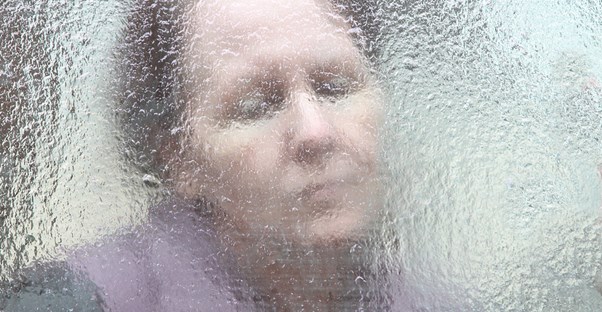
Bipolar disorder is characterized by sudden and drastic shifts in moods that can result in episodes of depression or mania. The root “bi” in the word refers to the two strongly contrasting emotions of this illness. Depending on which phase a person is experiencing, the symptoms will vary.
Bipolar Mania or Hypomania Symptoms
Manic or hypomanic episodes of bipolar disorder have very specific characteristics. Generally, this kind of episode causes you to have an inflated self-esteem, which results in you feeling euphoric or extremely irritable. You will also have increased energy, racing thoughts, excessive talking, unusual energy, less need for sleep, and an impulsive, reckless pursuit of gratification. Your doctor may prescribe medication that address the symptoms of mania and hypomania when creating a bipolar disorder treatment plan.
Bipolar Major Depression Symptoms
On the other hand, a major depressive episode of bipolar disorder has the complete opposite effect on your actions and state of mind. If you are experiencing a depressive episode, you will have extremely low self-esteem and feel very depressed. You will have low energy levels, feel very apathetic, sad, lonely, or guilty, and have a lack of pleasure in normal activities. Depressive episodes also can cause slow speech, fatigue, poor coordination, poor concentration, insomnia, oversleeping, and sometimes even suicidal thoughts or feelings.
As with mania and hypomania, your docor may prescribe medication as a treatment for the depressive symptoms of bipolar disorder.
Other Bipolar Disorder Signs and Symptoms
Besides the manic and depressive episodes, there are other things that can be indicators of bipolar disorder. These additional features include:
- Anxiety
Feeling very anxious, tense, or restless for no particular reason can be a symptom of bipolar disorder. It can also cause trouble concentrating, worrying, irrational fear of something bad happening, or the feeling that you are losing control of your own actions. - General melancholy
Bipolar disorder can cause you to feel a loss of pleasure in most or all activities that will persist even when good things happen in your life. - Mixed or atypical features
Sometimes individuals with bipolar disorder exhibit symptoms that don’t go along with the normal symptoms of the disease. For example, you might exhibit symptoms for both a manic episode and a depressive episode at the same time. Or you could be having a depressive episode but still have an improved mood when something good happens. - Psychosis
In severe cases, manic or depressive episodes can result in detachment from reality. This can include delusions and hallucinations. - Rapid cycling
If you experience at least four rapid mood swing episodes during the period of one year, with full or partial remission of symptoms in-between, this is a indicative of bipolar disorder. - Catatonia
Bipolar disorder can sometimes cause individuals to produce no response to the environment around them. This can also include holding your body in a strange position, refusing to speak, or mimicking the way another person speaks or moves. - Seasonal pattern
Sometimes the episodes associated with bipolar disorder can be correlative with the seasons of weather, meaning that you can produce different symptoms depending on your surroundings. - Peripartum onset
Occasionally, bipolar disorder symptoms can present themselves during pregnancy or during the first month after delivery.